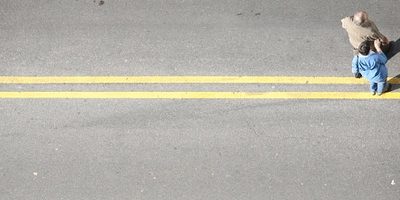Jing ZHANG - 张京
China

Research Fellow
Jing is a research fellow at the George Institute for Global Health, China and is currently working on the International Orthopedic Multicenter Study.
Jing received his Bachelor of Preventive Medicine from Capital University of Medical Science and his Master of Epidemiology and Health Statistics from China Medical University.


